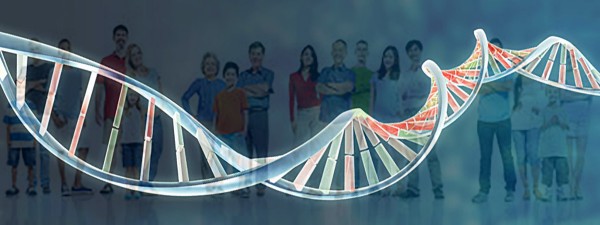 Personal History, Family History and Genetics can help dyslexics
Personal History, Family History and Genetics can help dyslexics
Bill Nye
Genes, DNA, Chormosomes
Family’s Need to Talk Sooner than Later (humorous)
“The explanation scene from Teen Wolf”
Acceptance Doesn’t Happen From The First Father-Son Talk (humorous)
“The morning-after breakfast scene from Teen Wolf”
Cool website! I hope to learn more about dyslexia. How do you know if you have it? Is there a definitive test?
Most of the assessment tests are for parents to “size-up” their children. If you take the child test take it as if you are 12 or under. Here is a good FAQ page. Most of the assessments focus on the symptoms as it relates to reading and writing rather than the pathology or root cause. Brain MRIs studies are showing some amazing commonalities with individuals that have similar symptoms. The most common condition for making learning a language difficult is in audio processing difficulties. Difficulty with visual processing is not as common but a strong second. One of the best websites with many downloadable fact sheets is The International Dyslexia Association (interdys.org). Many dyslexic adults have learned how to compensate so the reading and writing issues are not such a problem. The “gifts” often show up in how they have compensated. They unique ways of processing and expressing still remain.
My favorite website for those getting started on what is dyslexia and what the common symptoms are is Bright Solutions for Dyslexia. In addition to symptoms, there are sections on definition, phoenic awareness, causes, research, strengths, famous people, and myths.
I love the Teen Wolf scenes. My son has Speech Apraxia and we have always been super open to what struggles each person in our family has. Such a great way to illustrate your point! I love it!